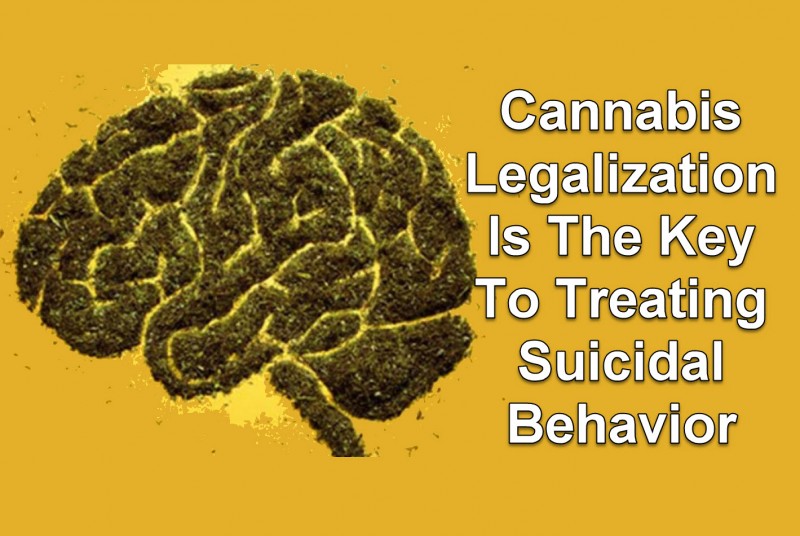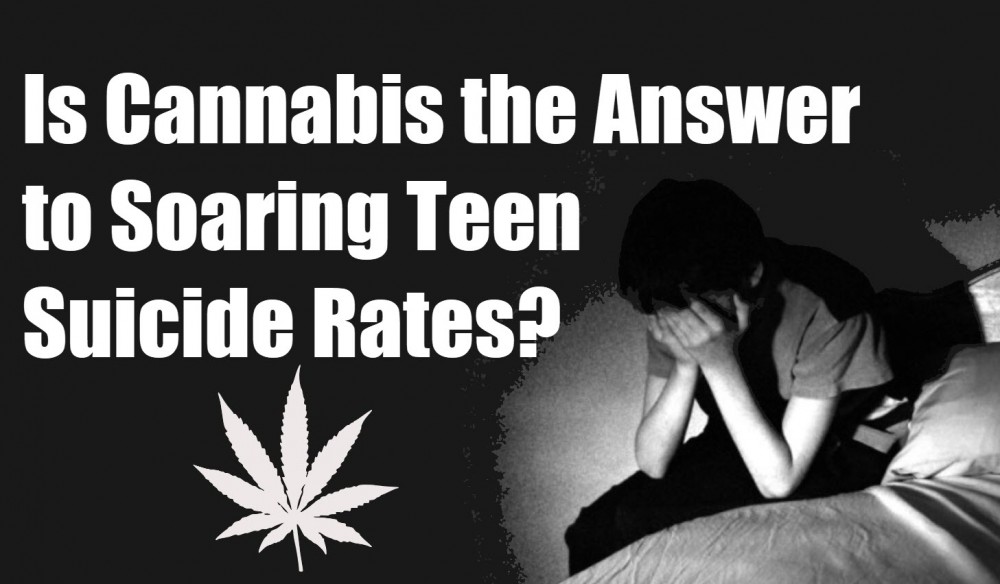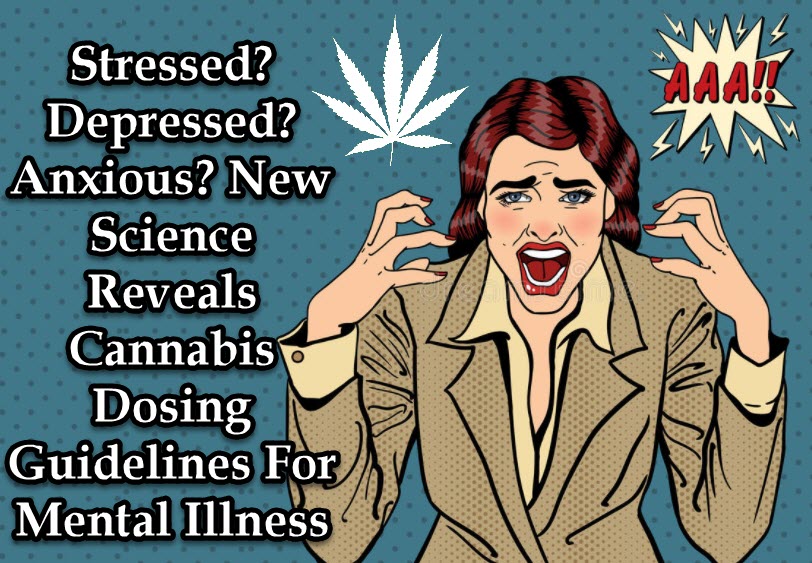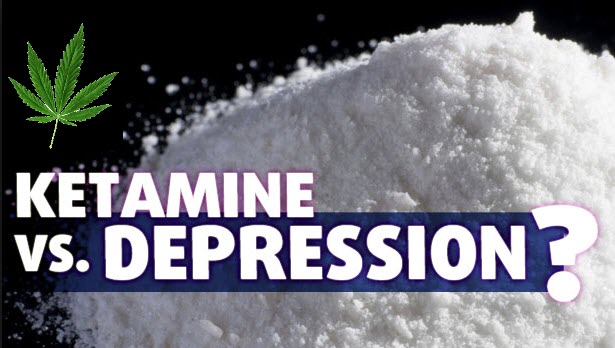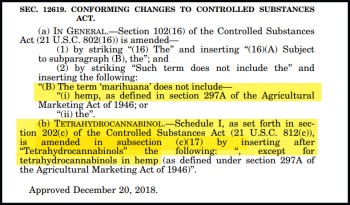Cannabis Legalization Is The Key To Treating Suicidal Behavior
Could Cannabis Legalization be the Key to Cutting Suicide Rates? from CannabisNet on Vimeo.
Alcohol leads to suicide, cannabis prevents it
We need to have more conversations about suicide.
As the 10th leading cause of death in the United States, suicide is a real issue that isn’t getting enough dialogue. Each year, approximately 50,000 Americans take their own lives. And for every successful suicide, there has been 25 failed attempts. It spares no demographic group or class; it can happen in our families and within our circle of friends.
Suicidal ideations may be caused by chronic stress, post-traumatic stress disorder (PTSD), mental illness, and much more. And while the rest of us find nothing wrong with imbibing in alcohol to decompress after a hectic week, this kind of stress isn’t tolerated very well by other people. Alcohol and suicide, in fact, go together but this kind of problem is one that can be prevented. Statistics show that a third of all suicide cases involve booze, and that an alcoholic is 120 times more likely to engage in suicide than a non-alcoholic.
The Solution? Cannabis.
Cannabis has been proven to safely, naturally treat mental illness, stress, depression, PTSD and more without the side effects, physical or otherwise, that come with alcohol consumption. Studies also reveal that cannabis legalization may just be the key to treating suicidal tendencies.
Cannabinoid Receptors May Be Key to Treating Suicidal Behavior
The latest study analyzing cannabis and suicidal behavior was published last month in the journal Current Psychiatry Reports. Researchers from Madrid, Spain, analyzed the link between the body’s cannabinoid receptors and suicidal behavior, which can give hope to people suffering from mental illness and are prone to suicide.
While the researchers were limited to autopsy research, they found “emerging evidence that other biomarkers and biological systems may be involved in SB (suicidal behavior) pathology.” The researchers examined autopsy studies with heightened levels of the CB1 receptor activity in the prefrontal cortex of patients who died of suicide due to depression and alcoholism, as well as studies looking at both CB1 and CB2 receptors in regulating neuropathic pain and stress-induced analgesia.
The study’s authors concluded that “cannabinoid receptors, particularly CB1 receptors, may become promising targets for the development of novel therapeutic tools for the treatment of SB.”
Cannabis Legalization Is Associated With Reduced Suicide Rates
A 2012 study conducted by researchers from the Institute for the Study of Labor (IZA) in Bonn, Germany in cooperation with American researchers from the University of Colorado’s Department of Economics revealed interesting insight into how cannabis legalization laws impact suicide rates. The research, called High on Life? Medical Marijuana Laws and Suicide, showed that states that have regulated cannabis for medical use see a drop in suicide rates.
“Our results suggest that the passage of a medical marijuana law is associated with an almost 5 percent reduction in the total suicide rate, an 11 percent reduction in the suicide rate of 20 through 29 year old males, and a 9 percent reduction in the suicide rate of 30 through 39 year old males,” says the study.
The study’s authors suggest that perhaps one of the factors contributing to the decrease in suicide rates in states with medical cannabis laws is that people are switching to cannabis in place of alcohol, a known depressant. Additionally, the researchers also focused on young men since most MMJ patients in states such as Colorado, Arizona, and Montana are male, with almost half of them being under the age of 40. They didn’t have enough data on women, who are four times less likely to engage in suicidal behavior.
The study also takes aim at prohibitionists, saying that, “opponents of legalizing medical marijuana point to the large number of studies showing that marijuana use is positively associated with depression, the onset of panic attacks, psychosis, schizophrenia, and suicidal ideation.”
“However, the association between marijuana use and outcomes such as these could be attributable to difficult-to-measure (extraneous variables), such as personality.”
“The negative relationship between legalization and suicides among young adult males is consistent with the argument that marijuana can be used to cope with with such shocks,” referring to stressful like situations, they continued. They also explained that males in stressful circumstances may also turn to alcohol to cope, an area that needs further study.
They concluded: “The legalization of medical marijuana leads to an improvement in the psychological well being of young adult males, an improvement that is reflected in fewer suicides.”
Marijuana Legalization Is The Key To Treating Suicidal Behavior from CannabisNet on Vimeo.
OTHER STORIES YOU MAY ENJOY...
CANNABIS AND TEEN SUICIDE HELP, CLICK HERE.
OR...
CANNABIS FOR MENTAL ILLNESS, CLICK HERE.

